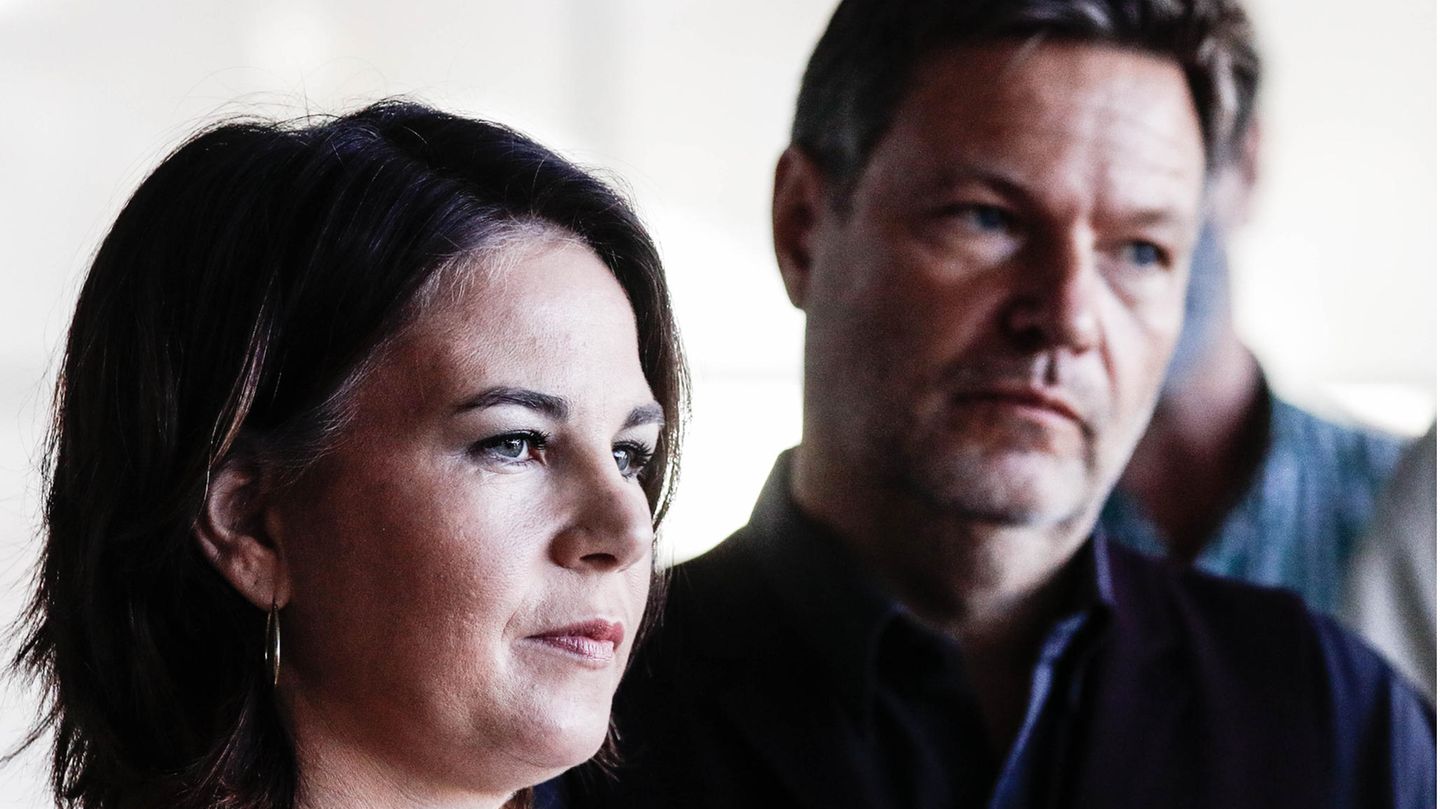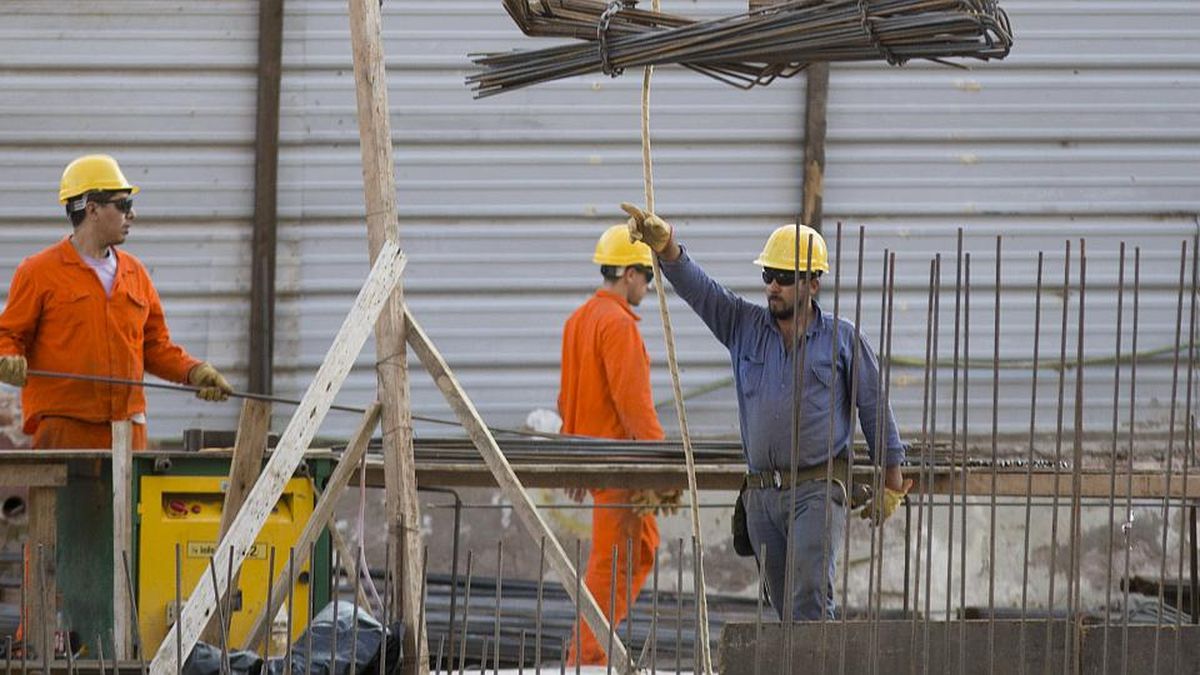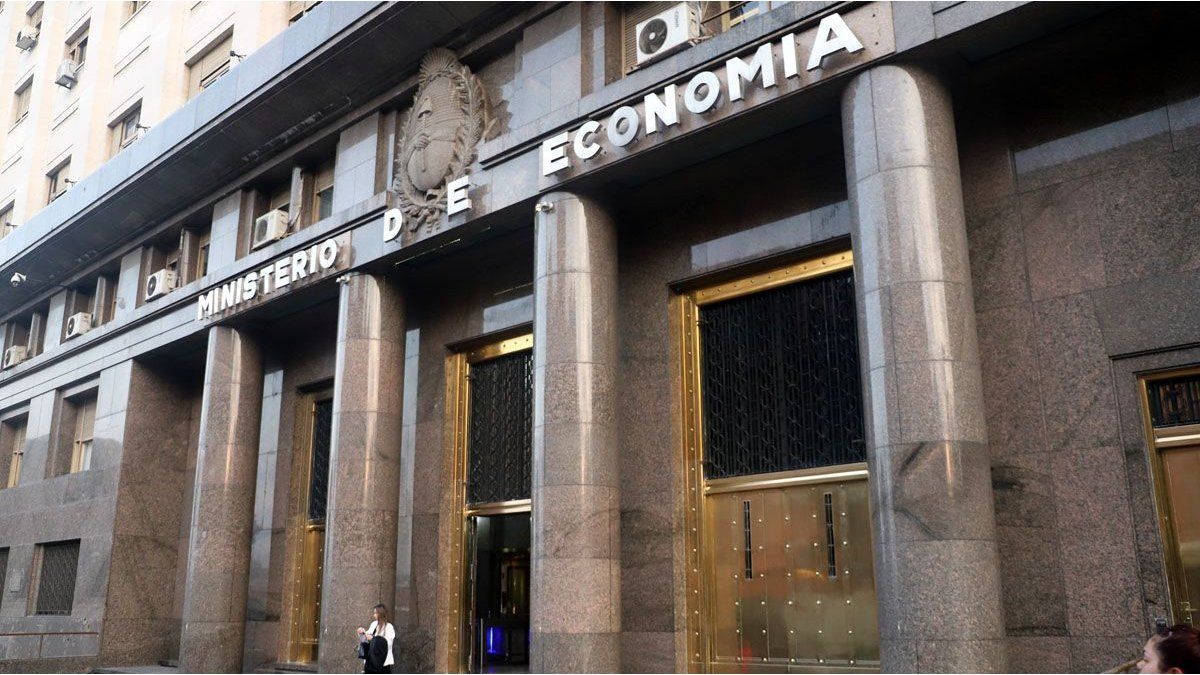To analyse
Under the traffic light parties, the Greens occupy the climate issue. Failure forbidden. However, the explorations have already shown that maximum demands can hardly be enforced in a coalition. For the Greens, it’s about more than just success or failure.
Speed limit, “this is your DNA!” – “Neiiin !!!” contradicts Robert Habeck and furrows his forehead. , which flashed the whole dilemma of the Greens at the coalition talks that began this Thursday. In the upcoming traffic light coalition, whose failure is “not an option”, as Habeck has already publicly stated, the Greens have the greatest hopes: climate change, energy transition, equality, integration, inclusion, the big issues of a self-propagated society of the future. It seems sobering to voters and supporters of the Greens that a comparatively simple topic such as Tempo 130 on motorways does not even survive the exploratory phase.
Already in the sounding it happened what Habeck and co-boss Annalena Baerbock agreed with their party and their voters at an early stage: their own goals are one thing; the feasibility of one’s own projects in one government is another. “It gets complicated sometimes,” predicted Baerbock at the Green Party conference a week after the election. Habeck added there, and the four years as a ruling party would not be a piece of cake: “From now on, every crisis is our crisis, every challenge is our challenge,” emphasized Habeck. And every decision made will have to be justified.
The Greens are already under pressure to justify themselves
The pressure to justify is already there – before a new government is even formed. Forming a coalition, of course, is also very clear to the Green leaders, and it requires give and take. The SPD and FDP have fewer problems with the usual compromise policy than the Greens, who – also in their own opinion – are primarily concerned with the issue of climate. The subject that, with a view to the emerging consequences, is likely to place the highest demands on the new government and which is therefore the least open to compromise.
When the young climate movement “Fridays for Future” makes six demands that the new government has to implement in the first 100 days to achieve the 1.5-degree climate target, and criticizes a “business as usual in eco-liberal” or at the start of the coalition talks On Thursday the campaign organization Campact with the action “Appeal: This is too little for 1.5 degrees” is made public, then it pays almost exclusively to the Greens – including voter disappointment. The dissatisfaction of the Green Youth with the exploratory paper does the rest. Abandoning the speed limit in favor of an FDP negotiating “very, very hard” on this point would be a defeat. And that although the Greens – as Habeck explained to Lanz – were successful in a “far more important topic” in terms of climate policy, the end date of the fossil combustion engine in Germany. As far as mobility is concerned, in terms of CO2 emissions, he is “very satisfied” with it.
Many imagined the “real departure” to be different
This is obviously not the case for everyone who takes it with the Greens. The “real departure” and the setting of the “right course in order to create the big picture”, as Baerbock put it during the small party congress, was something that many imagined very differently. But the Greens are only the second strongest force in a traffic light coalition and, unlike the FDP, they don’t really have the “Jamaica” option, which is unrealistic anyway. It is hard to assume that an alliance with the Union, which has been dysfunctional since the election defeat and an even more self-confident FDP, could achieve more climate goals. This is another reason why the failure of the traffic light cannot be an option for the Greens. On the contrary: the traffic light is more of a must for green government participation.
But even in the self-proclaimed “future alliance” there are indications that, together with Germany, the Greens could also miss the climate targets; maybe even will. No less than the worst-case scenario for the former anti-nuclear party. Although the Greens will in all probability be able to push through more climate protection in the coming government than ever before, the bar has been set high and the climate crisis is relentless. “The next federal government will be the last that can still contain the climate crisis,” said Annalena Baerbock, who is still a candidate for chancellor. And even more dramatic Habeck in the election campaign: “If we let the climate crisis escalate, like the corona crisis, then we as a political generation have failed.” If the future government fails to meet the climate targets, and the probability is not small, it will not fall on the feet of the SPD and FDP, but primarily the Greens – also because of such sentences. Rainer Baake from the Climate Neutrality Foundation – once State Secretary to the Green Environment Minister Jürgen Trittin – described such a scenario as simply “threatening the very existence”. There is no more pressure.
David William is a talented author who has made a name for himself in the world of writing. He is a professional author who writes on a wide range of topics, from general interest to opinion news. David is currently working as a writer at 24 hours worlds where he brings his unique perspective and in-depth research to his articles, making them both informative and engaging.




